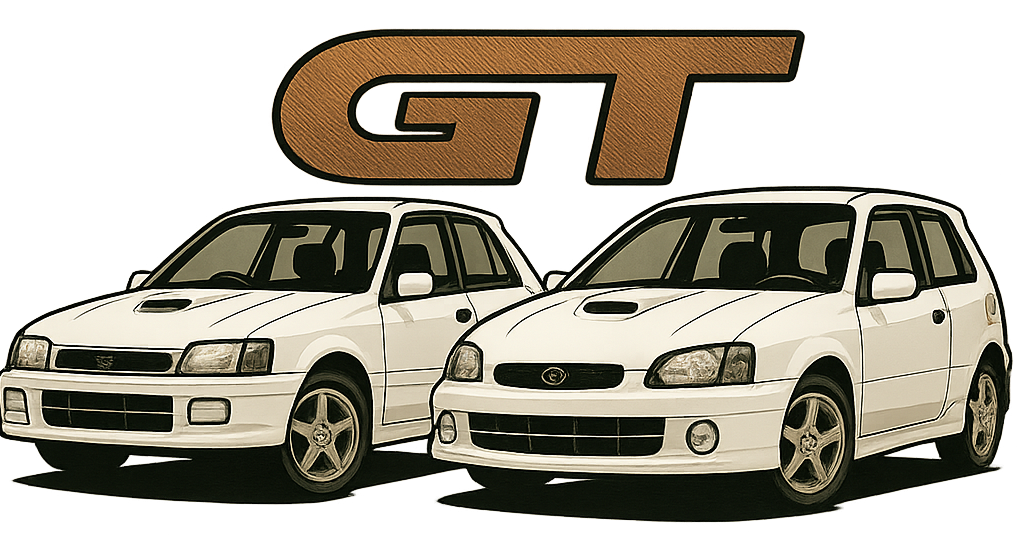sdutton007
Member +
Hi,
I realise that this sounds like an INCREDIBLY stupid question, but what difference does a bigger turbo actually make? I know it does, but I don't understand why...
Assuming your car is running the standard 9psi (on high):
As I understand it, a bigger turbo will be able to push out more air than a smaller one simply because it has more room, but surely the actuator is still going to open the wastegate once the pressure gets past 9psi?
Or does the turbo pressurise it by 9psi, then forces it into a smaller space (i.e. the inlet manifold) which makes the air higher pressure, then it is allowed back into a bigger space (the exhaust side of the turbo), so that the actuator only "sees" 9psi still, even though the inlet manifold could be seeing 10 or 11psi?
^^^ bear in mind that this is just a random idea which probably doesnt even make sense lol
so confused lol
I realise that this sounds like an INCREDIBLY stupid question, but what difference does a bigger turbo actually make? I know it does, but I don't understand why...
Assuming your car is running the standard 9psi (on high):
As I understand it, a bigger turbo will be able to push out more air than a smaller one simply because it has more room, but surely the actuator is still going to open the wastegate once the pressure gets past 9psi?
Or does the turbo pressurise it by 9psi, then forces it into a smaller space (i.e. the inlet manifold) which makes the air higher pressure, then it is allowed back into a bigger space (the exhaust side of the turbo), so that the actuator only "sees" 9psi still, even though the inlet manifold could be seeing 10 or 11psi?
^^^ bear in mind that this is just a random idea which probably doesnt even make sense lol
so confused lol

